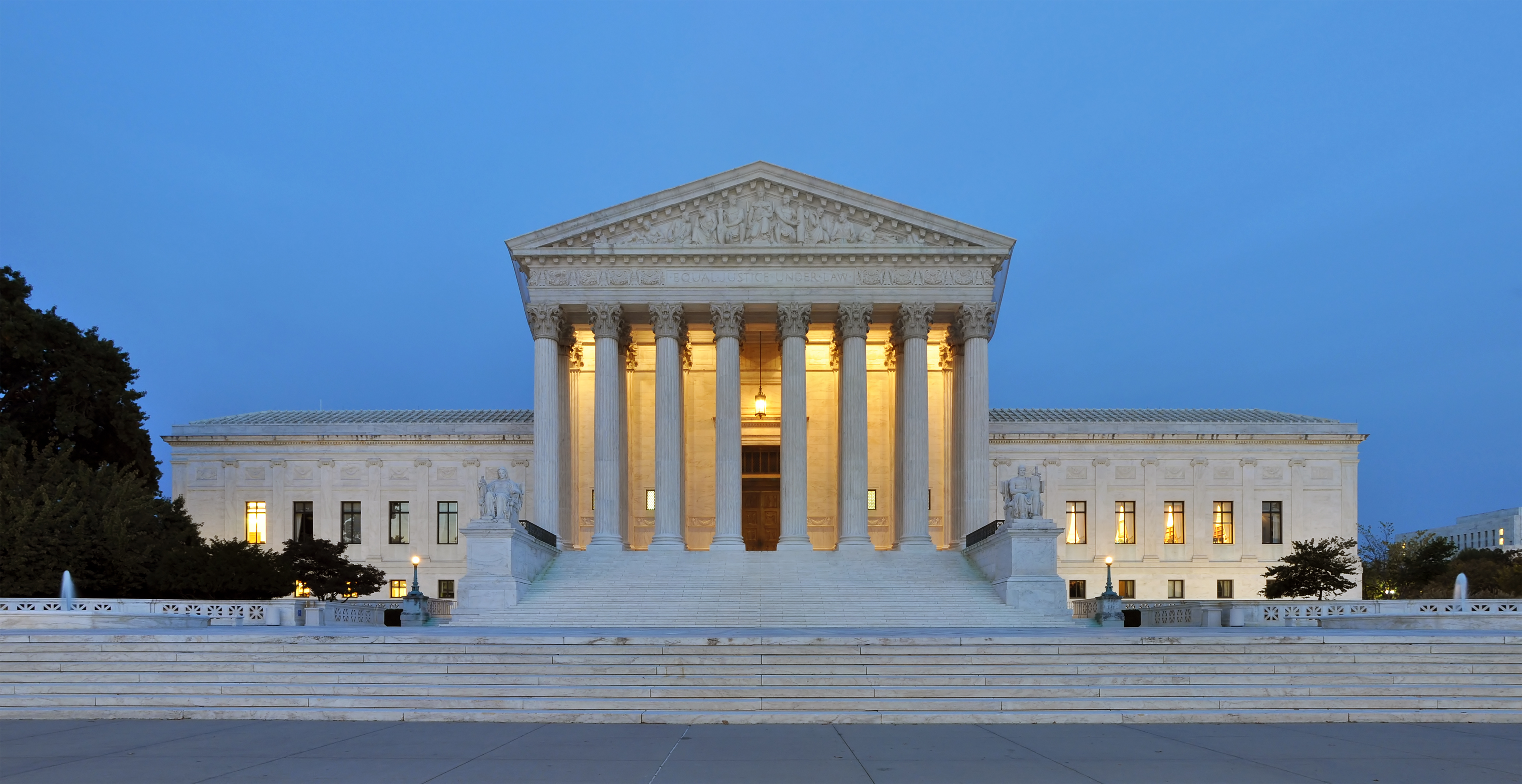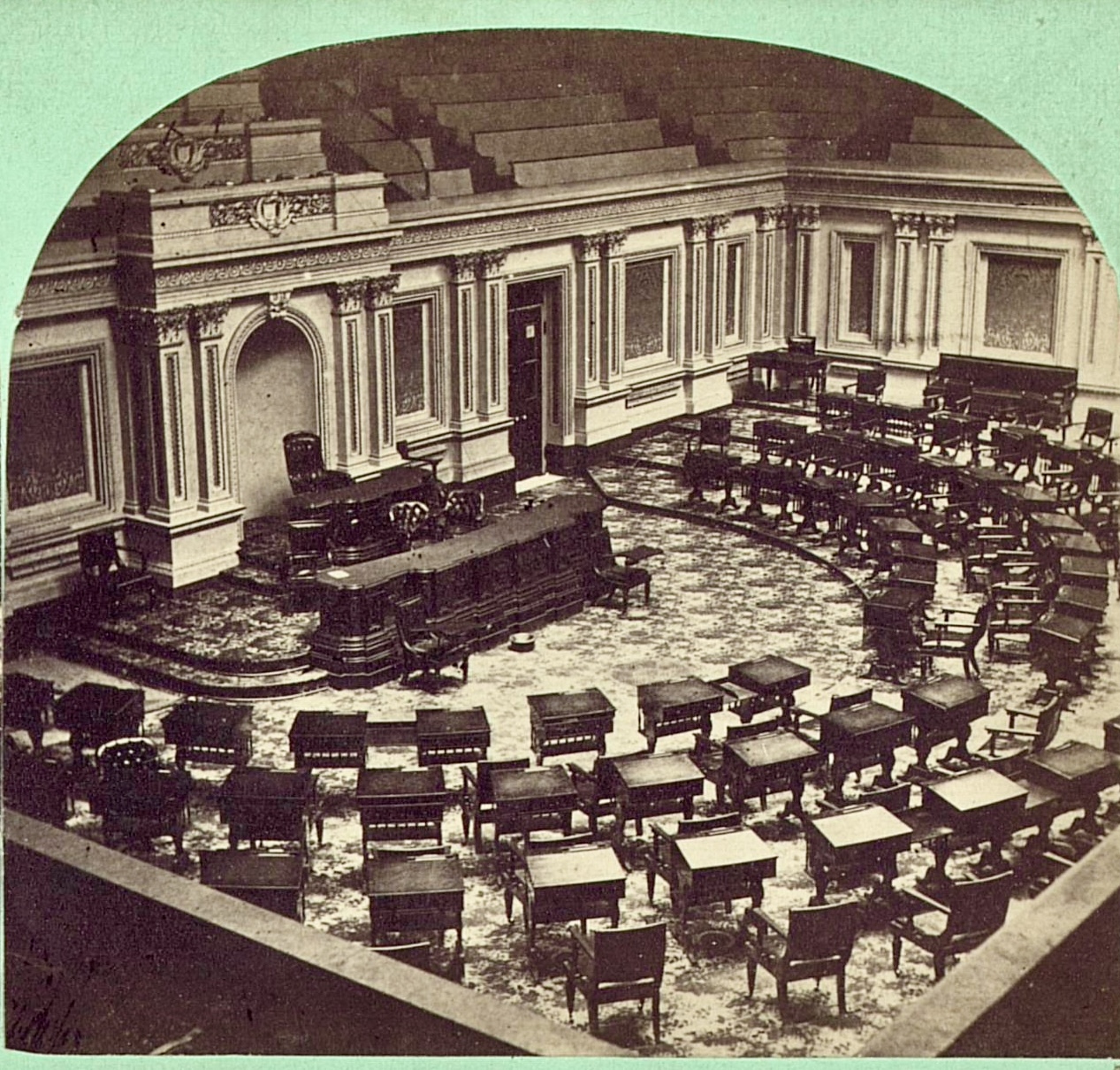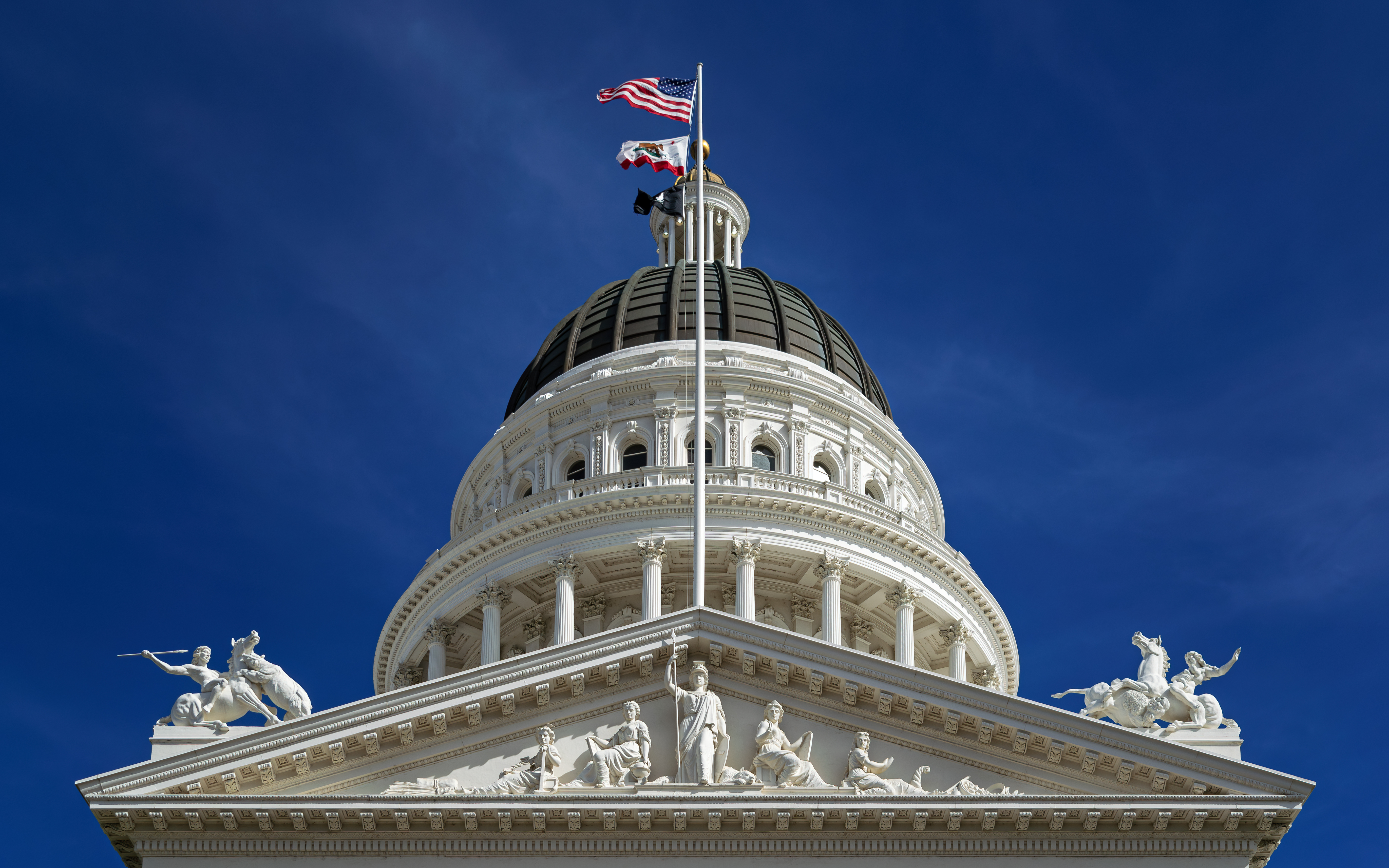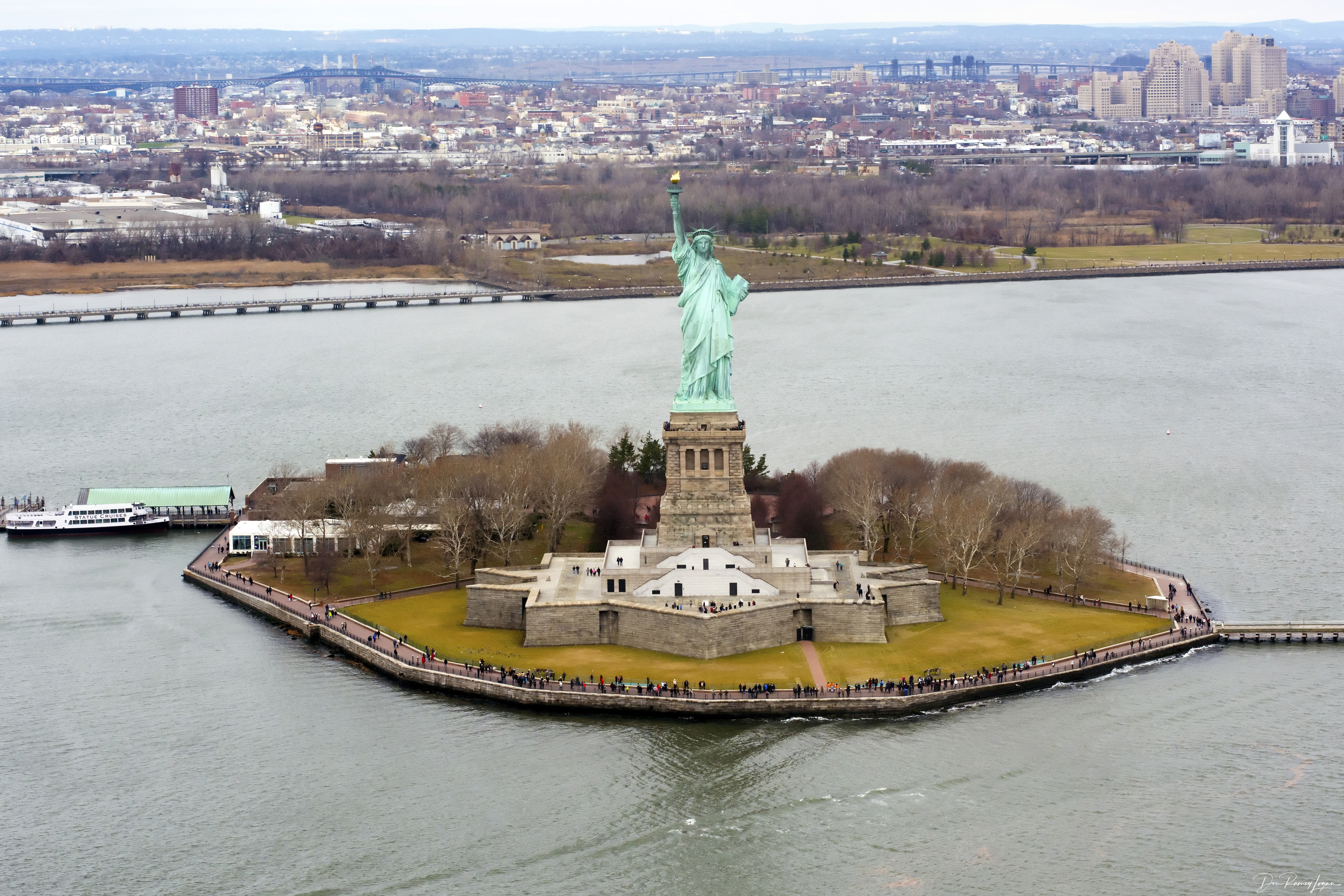The Supreme Court is poised to deliver a constitutional knockout punch to decades of Democrat racial gerrymandering, and the left’s own lawyers just handed conservatives the winning argument on a silver platter.
In Louisiana v. Callais, a case that could reshape American elections for generations, NAACP attorneys made a stunning admission that exposes the entire progressive redistricting racket. Their lawyer openly declared that race-based districts are necessary because “white Democrats” refuse to vote for black candidates—inadvertently proving that racial gerrymandering violates the Constitution’s Equal Protection Clause while revealing the spectacular failure of their own coalition.
This bombshell admission validates what constitutional conservatives have argued for decades: that Section 2 of the Voting Rights Act has been weaponized to create an unconstitutional system of racial quotas that divides Americans by skin color rather than uniting them around shared values and common interests.
The stakes couldn’t be higher. Fair Fight Action, the progressive group founded by failed Georgia gubernatorial candidate Stacey Abrams, admits that ending racial gerrymandering could cost Democrats 19-27 House seats. This revelation exposes how the left has systematically exploited racial division not to advance civil rights, but to manufacture permanent political power through demographic manipulation.
For too long, federal bureaucrats and activist judges have imposed racial redistricting mandates that force states to carve up communities based on melanin content rather than natural geographic, economic, or cultural boundaries. This judicial activism has created artificial districts that prioritize race over the legitimate interests that should bind political communities together—shared economic concerns, neighborhood ties, and common civic aspirations.
The constitutional case against racial gerrymandering rests on America’s founding principle that government must treat all citizens equally regardless of race. When redistricting prioritizes racial demographics above all other considerations, it reduces citizens to their skin color and violates the colorblind Constitution that emerged from the Civil Rights era’s greatest achievements.
President Reagan understood this principle when he championed a society where individuals would be judged by their character and contributions, not their ancestry. The current system of racial gerrymandering represents a betrayal of that vision, creating electoral apartheid that assumes Americans cannot transcend racial boundaries to find common ground.
The economic implications extend far beyond electoral politics. Race-based districting allows politicians to avoid competing on policies that benefit all constituents—job creation, infrastructure investment, public safety, and fiscal responsibility. Instead, they can rely on racial grievance politics and identity-based appeals that divide communities and distract from kitchen-table issues that matter to working families.
Meanwhile, the NAACP’s credibility continues its spectacular collapse. Their lawyer’s public praise for cop-killer Assata Shakur—a fugitive terrorist living under the protection of Communist Cuba—demonstrates how far these organizations have drifted from legitimate civil rights advocacy into radical anti-American activism. When civil rights groups celebrate cop-killers while demanding racial quotas in redistricting, they forfeit any claim to moral authority.
A Supreme Court victory in Louisiana v. Callais would restore constitutional principles while dealing a devastating blow to the Democrat machine’s reliance on demographic manipulation. More importantly, it would advance the America First vision of electoral competition based on ideas, not identity politics.
This case represents the broader constitutional restoration that President Trump’s movement has championed—returning power to states, ending federal micromanagement of local affairs, and restoring the founders’ vision of citizenship based on shared civic values rather than tribal divisions.
Patriots should watch this case closely as a potential catalyst for the political realignment that’s already transforming American politics. When politicians must compete for all voters rather than relying on racially gerrymandered safe seats, they’ll be forced to address the real concerns that unite Americans across demographic lines: secure borders, economic opportunity, public safety, and constitutional governance.
The path forward leads not through racial division, but through the constitutional unity that has always made America exceptional.





